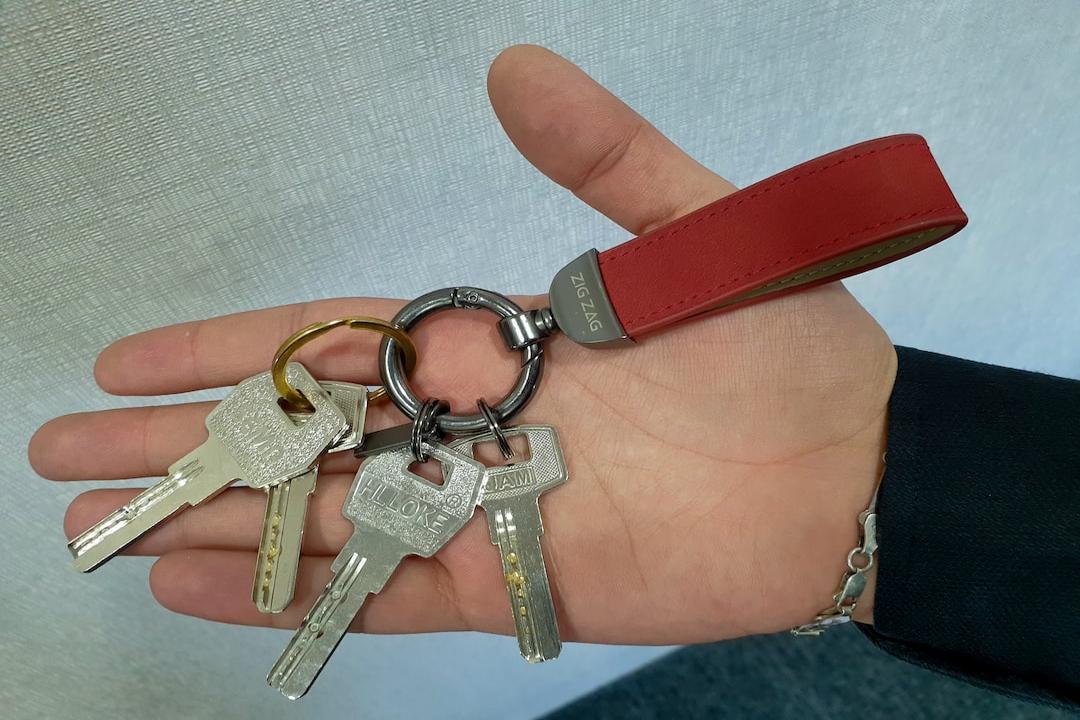Irina Dilkinska, the former head of legal and compliance for the fraudulent OneCoin scheme, has been sentenced to four years in prison after confessing to her involvement in money laundering. The sentence was handed down by United States District Judge Edgardo Ramos on Wednesday, as stated in a press release from the U.S. Attorney’s Office on April 3rd. Dilkinska, who is 42 years old, will also be subject to one month of supervised release and must forfeit $111 million as restitution.
According to a report from Bloomberg on April 3rd, Judge Ramos dismissed Dilkinska’s plea to avoid jail time and return home to care for her young children in Bulgaria. He referred to her as “a woman of great intelligence” who should have been aware of the legal consequences of her actions while participating in the $4 billion Ponzi scheme. Ramos expressed his confusion as to why Dilkinska did not leave the scheme before its collapse, stating, “I honestly do not understand what prevented her from leaving the scheme before the point when it was brought down.”
Dilkinska had previously pleaded guilty to charges of wire fraud and money laundering in a Manhattan federal court on November 10th. Each charge carried a maximum sentence of up to five years in prison, meaning she faced a potential sentence of 10 years. She is the latest executive of OneCoin to face imprisonment for their involvement in the fraudulent scheme.
OneCoin, founded by “Cryptoqueen” Ruja Ignatova and Karl Sebastian Greenwood in 2014, promised investors guaranteed returns through a fictitious cryptocurrency called “OneCoin.” However, it was later revealed that the company never established a functional blockchain and instead operated as a pyramid scheme, profiting by paying commissions to investors who recruited new buyers.
Ignatova, who remains at large, disappeared in October 2017 after a federal warrant was issued for her arrest. There have been speculations about her fate, with some suggesting she may have been killed following the murders of several OneCoin associates in Mexico in 2020.
Although OneCoin was exposed as fraudulent in 2015, it still managed to generate over $4.3 billion in revenue, with profits of nearly $3 billion between 2014 and 2016.

